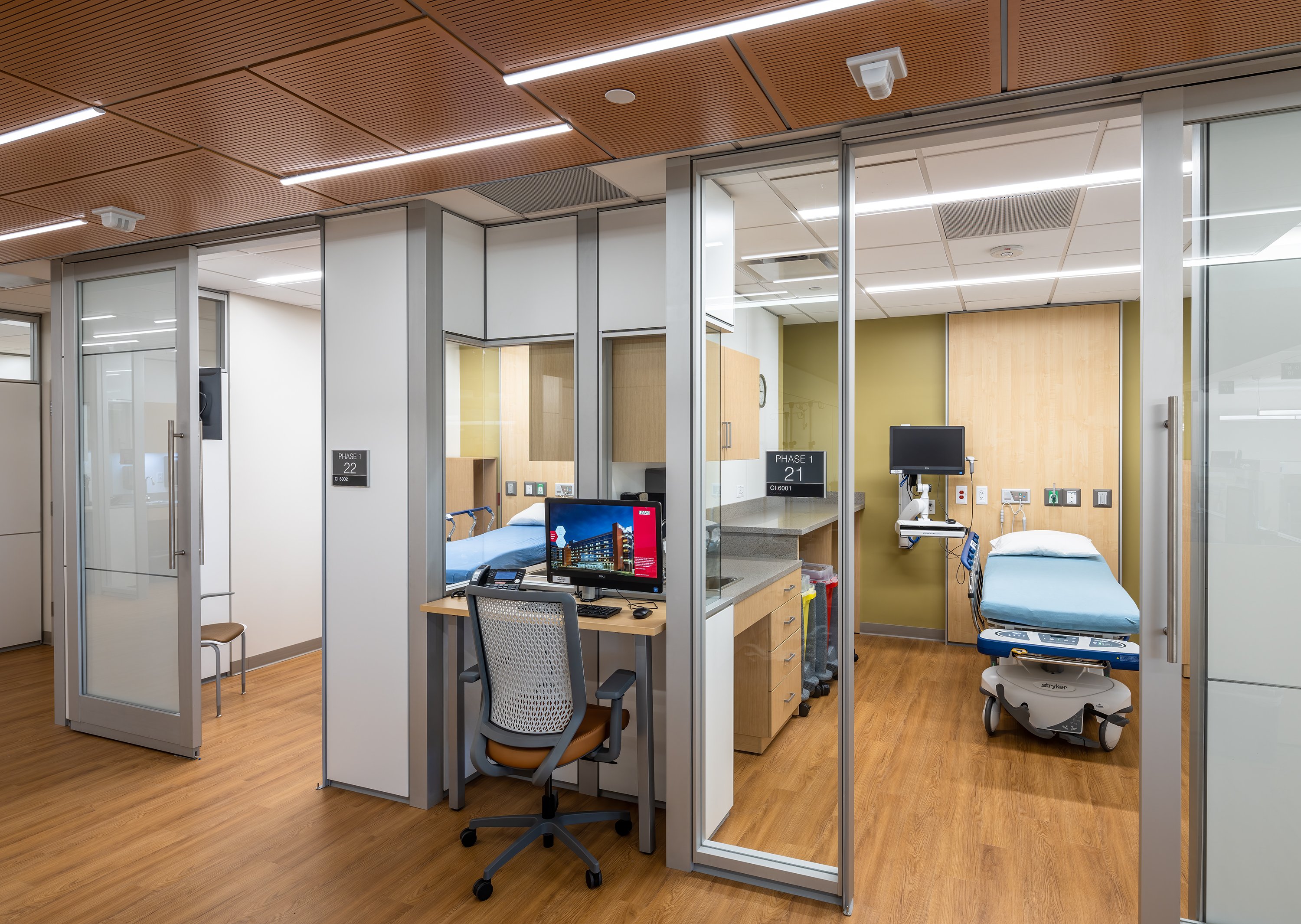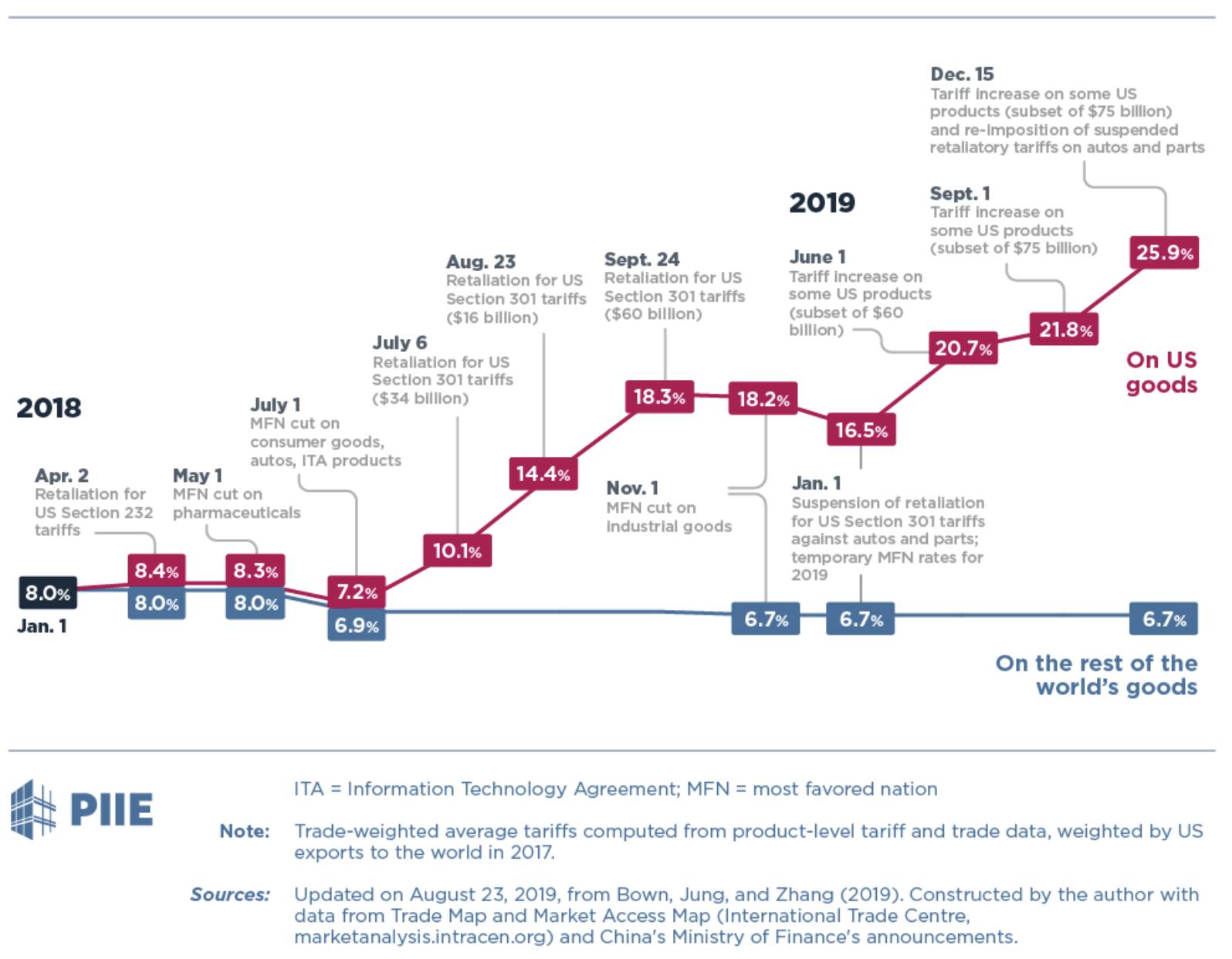Life Under Blockade: The Plight Of Gaza Facing Hunger, Sickness, And Crime

Table of Contents
The Hunger Crisis in Gaza: A Looming Famine
The blockade has crippled Gaza's economy, leading to severe food shortages and widespread malnutrition. The inability to import sufficient food supplies, coupled with the destruction of agricultural land and limited fishing opportunities, has created a perfect storm of hunger.
Food Insecurity and Malnutrition
Import restrictions severely limit the availability of essential food items. Economic instability prevents many families from affording even basic necessities. This has resulted in alarming rates of malnutrition, particularly among children. The long-term consequences of malnutrition are devastating, impacting physical and cognitive development.
- Food items in short supply: Wheat flour, rice, cooking oil, meat, and fresh produce.
- Consequences of malnutrition: Stunted growth, weakened immune systems, increased susceptibility to disease, cognitive impairment.
- Impact on child development: Malnutrition during critical developmental periods can have irreversible effects on a child's physical and mental health.
International Aid and its Limitations
International aid organizations play a crucial role in providing food assistance to Gaza. However, the blockade significantly hampers their efforts. Restricted access, bureaucratic hurdles, and security concerns limit the delivery of aid, leaving a significant gap between the needs of the population and the aid provided. Current aid efforts are simply insufficient to address the escalating food crisis.
- Major aid organizations operating in Gaza: UNRWA, World Food Programme (WFP), Oxfam, and others.
- Challenges faced by aid agencies: Restricted access points, bureaucratic delays, security risks, funding shortfalls.
- Gaps in aid provision: Insufficient food aid to meet the needs of the growing population, limited access to vulnerable groups.
The Health Crisis: A System on the Brink of Collapse
The blockade has brought Gaza's already fragile healthcare system to the brink of collapse. The shortage of essential medicines and medical equipment, coupled with the lack of specialized medical care, has catastrophic consequences.
Lack of Essential Medicines and Medical Equipment
Import restrictions severely limit the availability of essential medicines and medical equipment. This impacts the treatment of chronic diseases, emergency care, and access to specialized medical procedures. Many patients, especially those with chronic illnesses, face life-threatening situations due to lack of access to necessary medications and treatment.
- Examples of essential medicines in short supply: Insulin, cancer medication, dialysis supplies, and antibiotics.
- Impact on chronic diseases: Patients with diabetes, heart disease, and cancer face severe complications due to limited access to essential medications and treatment.
- Lack of access to specialized treatments: Gaza lacks the capacity for many specialized medical procedures, forcing patients to seek treatment abroad, often with limited success due to financial constraints and travel restrictions.
The Spread of Infectious Diseases
Poor sanitation and limited access to healthcare contribute to the increased risk of infectious diseases. Overcrowding in refugee camps and damaged infrastructure worsen the situation. The limited capacity of the healthcare system makes it extremely difficult to control outbreaks.
- Prevalent infectious diseases: Cholera, typhoid, and other waterborne illnesses.
- Sanitation challenges: Damaged sewage systems, limited access to clean water, and inadequate waste management contribute to the spread of diseases.
- Lack of preventative measures: Limited access to vaccines and preventative healthcare measures leaves the population vulnerable.
The Rise of Crime and Violence: A Desperate Struggle for Survival
The blockade's devastating economic impact has fueled a surge in crime and violence in Gaza. High unemployment, poverty, and a lack of opportunities drive people to desperate measures.
Economic Hardship and its Link to Crime
The economic hardship caused by the blockade is directly linked to the increase in crime rates. Desperate for survival, many resort to theft, drug trafficking, and other criminal activities. This impacts social stability and erodes the sense of security within communities.
- Types of crimes: Theft, drug trafficking, extortion, and violent crimes.
- Impact on communities: Increased fear, breakdown of social cohesion, and erosion of trust in authorities.
- Lack of law enforcement resources: The police force is under-resourced and struggles to maintain order amidst the rising crime rates.
The Role of Political Instability and Conflict
The ongoing political tensions and conflicts further exacerbate the crime situation in Gaza. The uncertainty and instability contribute to a climate of fear and lawlessness, making it more difficult to address the root causes of crime.
- Key players in the conflict: Hamas, Israel, and other factions.
- Impact on civilian life: Increased insecurity, displacement, and disruption of daily life.
- Implications for security: The fragile security situation creates a breeding ground for crime and violence.
Conclusion
Life under blockade in Gaza is a humanitarian crisis characterized by widespread hunger, a collapsing healthcare system, and escalating crime. The prolonged blockade has created a desperate struggle for survival, impacting every aspect of life for the people of Gaza. The consequences of this ongoing situation are devastating and far-reaching.
To alleviate the suffering of the people living under the blockade in Gaza, it is imperative to raise awareness, demand an end to the blockade, and support humanitarian aid efforts. Learn more about the crisis in Gaza and how you can help. Demand an end to the blockade and support organizations working to alleviate suffering under the blockade in Gaza. Share this article to raise awareness about life under blockade in Gaza and help bring about positive change.

Featured Posts
-
 14 Edmonton Schools Minister Speeds Up Construction Projects
May 10, 2025
14 Edmonton Schools Minister Speeds Up Construction Projects
May 10, 2025 -
 Seattle Welcomes Canadian Sports Fans Businesses Offer Par Exchange
May 10, 2025
Seattle Welcomes Canadian Sports Fans Businesses Offer Par Exchange
May 10, 2025 -
 Nyt Spelling Bee April 1 2025 Complete Guide To Solving Todays Puzzle
May 10, 2025
Nyt Spelling Bee April 1 2025 Complete Guide To Solving Todays Puzzle
May 10, 2025 -
 Trumps Trade War A 10 Tariff Baseline And The Path To Exceptions
May 10, 2025
Trumps Trade War A 10 Tariff Baseline And The Path To Exceptions
May 10, 2025 -
 The Trump Presidency And The Transgender Community A Personal Account
May 10, 2025
The Trump Presidency And The Transgender Community A Personal Account
May 10, 2025
